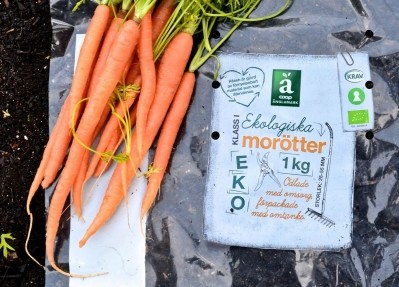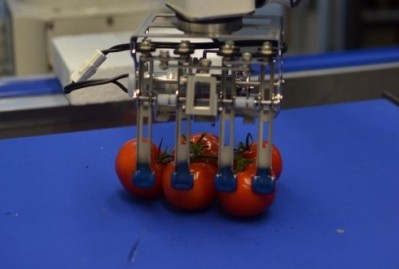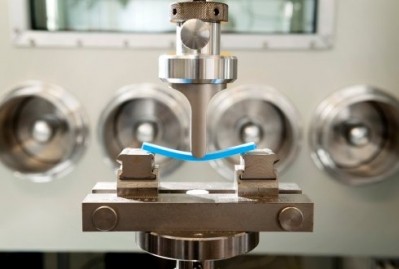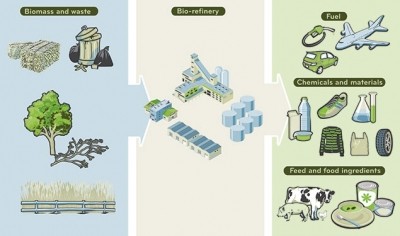Coca Cola and Activia are advocates of bioplastics
Wageningen UR launches Biobased Packaging catalogue
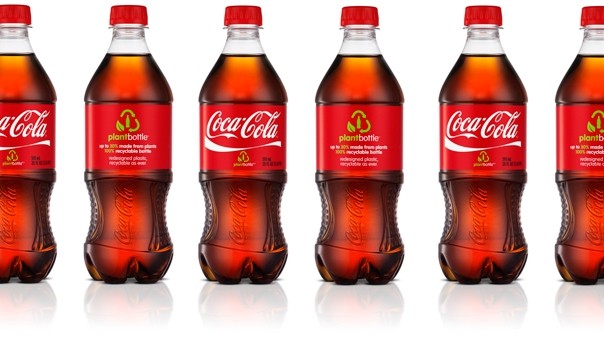
Bioplastics are plastic materials based on renewable raw materials that are often more sustainable than petrochemical (traditional) plastics.
Coca-Cola 'plant bottle'
Current products on the market include biodegradable waste bags and compostable films for packaging organic vegetables (based on polylactic acid). The ‘plant bottle’ from Coca Cola, made from bio-PET, is a well-known example, as are the Activia bottles from Bio-PE.
Karin Molenveld, project manager, Biobased Products, Wageningen UR, told FoodProductionDaily, an increasing number of companies are interested in the development and application of bioplastics, but the first edition of the catalogue is in Dutch as it was prepared for the Dutch Ministry, with no plans to translate it into other languages.
“Sustainable packaging is generating a great deal of interest among consumers, industry and the public authorities,” she said.
“The term is a wide one; it can refer to decreasing the amount of packaging used or the recycling of packaging materials to the use of environmentally friendly materials.
“Biobased materials are an important group of materials that can deliver environmental benefits due to lower CO2 emissions during their manufacture and the use of plant-based feedstocks instead of feedstocks based on fossil fuel.”
The catalogue has an overview of the various types of biobased packaging that is currently available and the applications for which this is used.
Commercial basis
The idea behind the catalogue, which was put together in collaboration with a number of producers of biobased materials and packaging, was to present a clear review of the options and possibilities for utilizing sustainable and biobased packaging on a commercial basis.
The Ministry of Economic Affairs commissioned Wageningen UR Food & Biobased Research to put together the reference work detailing the current applications options for biobased materials.
It demonstrates which materials are already being successfully applied for example, in packaging for products ranging from delicatessen meats, beverages and transportation packaging.
The most successful applications are those in which the specific properties and advantages of the biobased plastics are taken advantage of.
‘Breathing’ properties
Biobased plastic packaging offers ‘breathing’ properties, ensuring fresh products such as lettuce or bread stay fresher, longer. A number of these plastics are naturally anti-static, which means fewer additives are needed compared to conventional plastics.
The Dutch Ministry of Economic Affairs wants to promote the use of biobased materials by setting up pilot programs for sustainable purchasing. The catalogue is intended for buyers, users and producers of packaging materials, and policy officers at public organizations.
Wageningen UR is an umbrella organisation that consists of Wageningen University and 10 specialised research institutes in The Netherlands.
